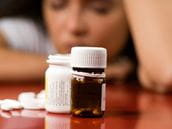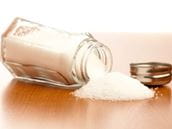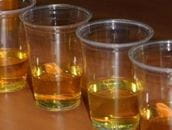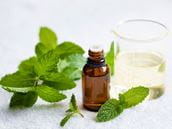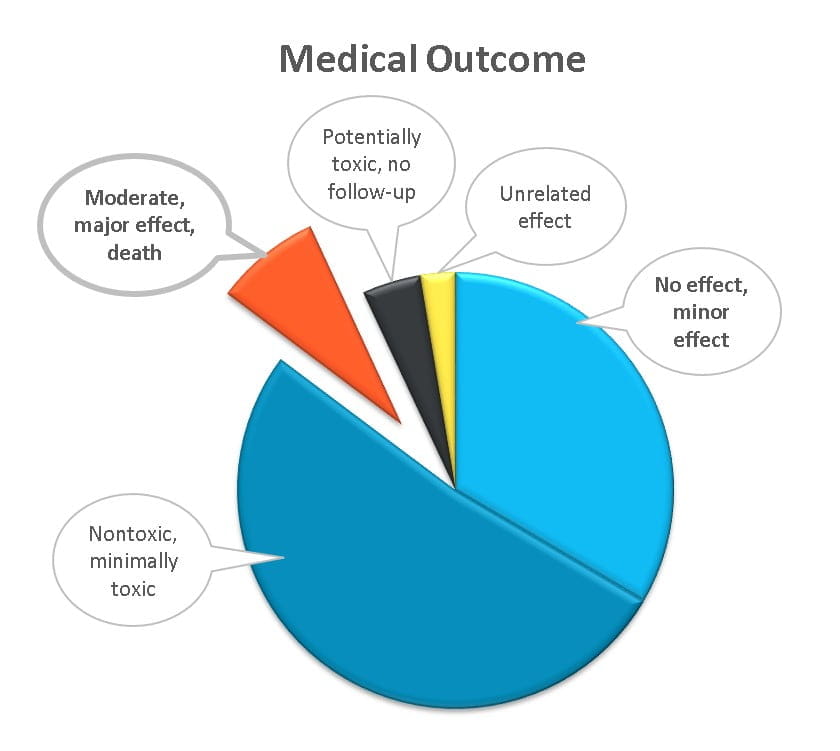
Does Sunscreen Cause Cancer?
Certain brands of sunscreen have been found to contain benzene, but at concentrations low enough that they are not likely to cause any acute health effects. The use of sunscreen is still strongly recommended, but you should avoid products contaminated with benzene.


